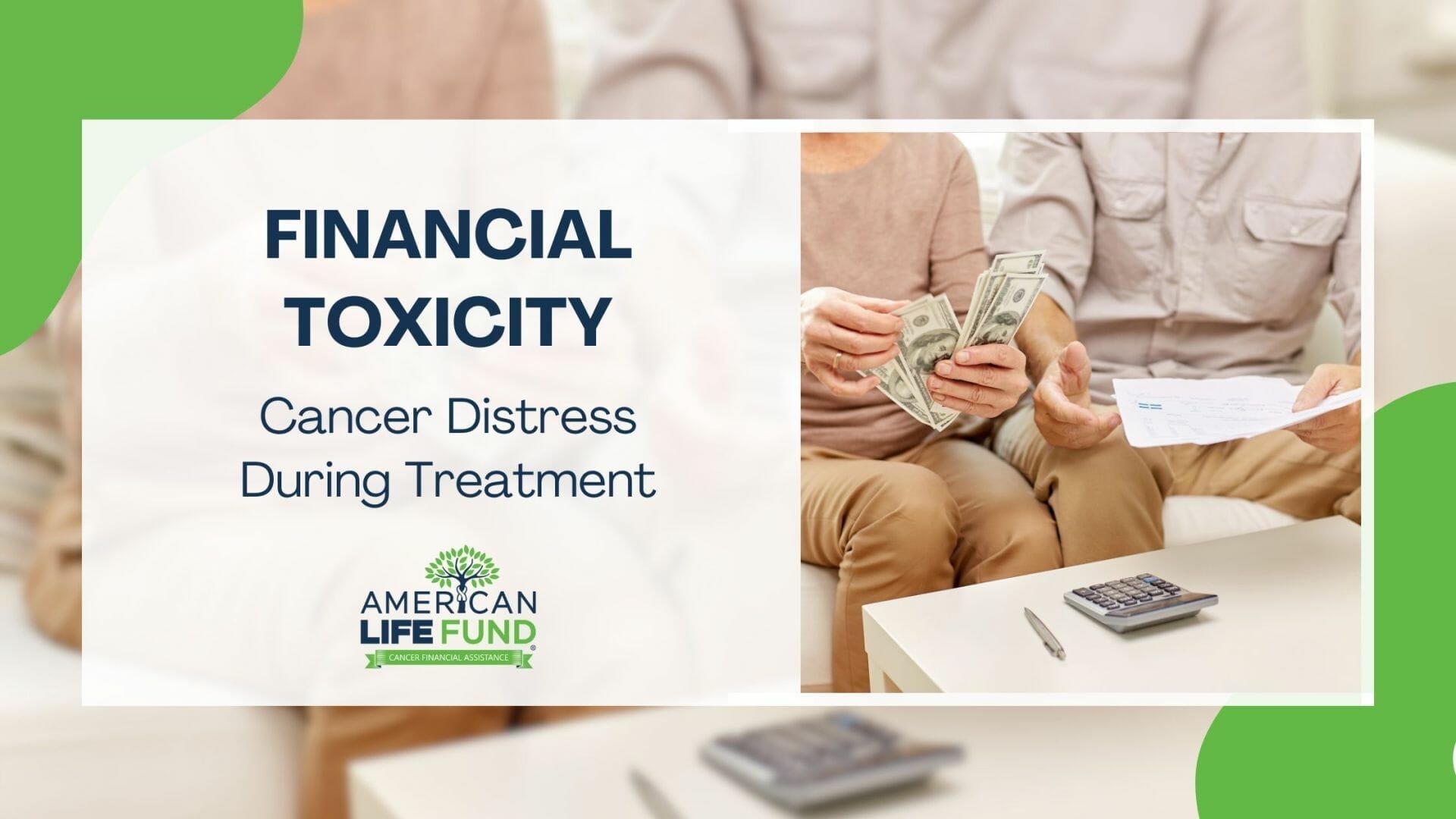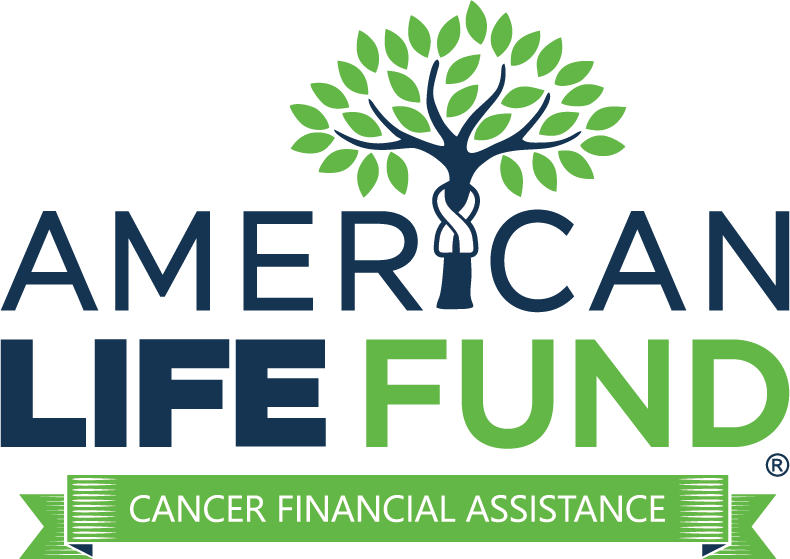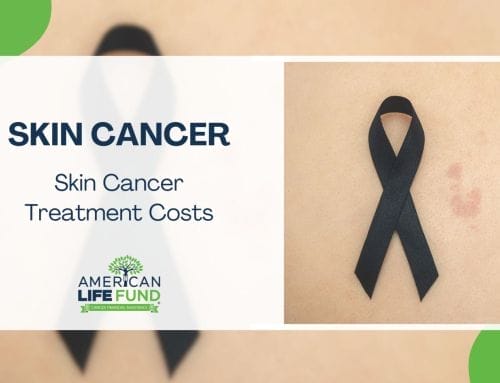Financial toxicity refers to the intense financial pressure that cancer patients and their families often face because of high treatment costs of cancer. This problem can lead to not being able to afford necessary treatments, using up savings, taking on debt, and losing income due to less work.
The impact goes beyond just money problems, potentially causing long-term issues like bankruptcy or even homelessness. Addressing financial toxicity is essential. It helps relieve the financial stress so that patients can focus more on recovery and improving their quality of life.
With medical costs continuing to climb, understanding and managing this financial strain is crucial for patients and their families.

What Is Financial Toxicity?
Financial toxicity is a term used to describe the financial burden and strain that cancer patients and their families experience due to the high cost of cancer treatment. It can manifest in many ways, including the inability to afford treatment or medications, the need to dip into savings or take out loans, or the loss of income due to the inability to work.
Financial toxicity can cause significant stress and anxiety for those affected, leading to feelings of hopelessness, fear, and helplessness. It can also have long-term consequences like bankruptcy, job loss, or homelessness. Unfortunately, financial toxicity is becoming increasingly common as cancer treatment costs continue to rise, making it more important than ever to address this issue.
Am I at Risk of Cancer Financial Toxicity During Treatment?
If you or a loved one has been diagnosed with cancer, it’s essential to understand the potential risk of financial toxicity during treatment. The cost of cancer care can vary significantly, depending on the type and stage of cancer, the type of treatment needed, and insurance coverage.
Patients who lack adequate insurance coverage or require long-term treatment may be at higher risk of experiencing financial toxicity. However, anyone can be affected, regardless of their financial situation.
It’s important to be proactive and seek out resources and support to help manage the cost of treatment. Talking to your healthcare team, seeking financial counseling or assistance, and exploring community resources can all help alleviate the financial burden and reduce the risk of financial toxicity.
Signs of Financial Toxicity
Financial toxicity can manifest in many ways, and the signs may vary from person to person. Here are some common signs that may indicate financial toxicity during cancer treatment:
- Struggling to pay for medications, treatments, or medical bills
- Maxing out credit cards or taking on additional debt to cover the cost of treatment
- Selling assets or dipping into savings to pay for treatment
- Missing work or reducing hours due to treatment, resulting in loss of income
- Delaying or skipping treatments or appointments due to financial concerns
- Feeling overwhelmed, anxious, or stressed about finances
- Avoiding social activities or hobbies due to cost concerns
- Experiencing strain or conflict within relationships due to financial stress
- Ignoring bills or avoiding conversations about finances
- Feeling hopeless or helpless about the financial situation.
Recognizing these signs and seeking help and support when needed is important. Financial toxicity can significantly impact the quality of life, and addressing it early can help reduce the long-term consequences of financial stress.

What Are The Consequences of Financial Distress During Treatment?
The consequences of financial distress during cancer treatment can be significant and far-reaching, affecting both the patient and their family. Here are some common consequences of financial distress during treatment:
Delayed or Interrupted Treatment:
Financial concerns may lead some patients to delay or skip treatments or medications, which can affect the effectiveness of the treatment and the chances of recovery.
Reduced Quality of Life:
Financial distress can cause significant stress, anxiety, and depression, affecting a patient’s overall quality of life.
Increased Risk of Mortality:
Studies have shown that patients who experience financial distress during treatment may have a higher mortality risk than those who do not.
Reduced Access to Care:
Financial concerns may lead some patients to avoid seeking medical care or follow-up appointments, reducing their access to care and increasing the risk of complications.
Increased Debt And Financial Strain:
Cancer treatment can be expensive, leading some patients to take on additional debt or strain their financial resources, causing long-term financial consequences.
Negative Impact on Mental Health:
Financial distress can increase stress, anxiety, and depression, affecting a patient’s mental health and well-being.
Strain on Relationships:
Financial concerns can significantly strain family relationships, leading to conflicts and stress.
It’s essential to recognize the consequences of financial distress during cancer treatment and seek help and support when needed. Seeking financial counseling, exploring community resources, and talking to healthcare providers can help alleviate the financial burden and improve the overall quality of life during cancer treatment.

How Is Financial Toxicity “Treated”?
Treating financial toxicity is a complex process that requires a multifaceted approach. Here are some ways financial toxicity can be treated:
Financial Counseling:
Seeking a financial counselor’s help can help manage the financial burden of cancer treatment. A financial counselor can help patients create a budget, negotiate with creditors, and explore options for financial assistance.
Patient Assistance Programs:
Many pharmaceutical companies and nonprofits offer patient assistance programs that can help cover the cost of medications and treatments for those who cannot afford them.
Insurance Advocacy:
Patients can seek the help of an insurance advocate who can help navigate insurance coverage and negotiate with insurance companies.
Community Resources:
Many communities have resources available to help cancer patients, such as free or low-cost transportation, meal delivery services, and financial assistance programs.
Employer Resources:
Some employers offer benefits such as paid time off or short-term disability to help employees manage the financial burden of cancer treatment.
Legal Assistance:
In some cases, legal assistance may be necessary to address financial toxicity, such as bankruptcy or negotiating medical bills.
Support Groups:
Joining a support group can provide emotional and practical support for those dealing with financial toxicity during cancer treatment.
Ways to Reduce Financial Toxicity
Reducing financial toxicity during cancer treatment can be challenging. However, there are steps patients and families can take to help alleviate the financial burden. Here are some ways to reduce financial toxicity:
Talk to Your Healthcare Team:
Be open and honest with your healthcare team about your financial concerns. They can offer options for more affordable treatment or connect you with financial resources.
Review Insurance Coverage:
Understand your insurance coverage and how it applies to your cancer treatment. If you have questions or concerns about your coverage, speak with an insurance representative or seek the help of an insurance advocate.
Create a Budget:
Create a budget that considers your medical expenses and other necessary costs. Look for areas where you can cut back and seek out opportunities for cost savings.
Explore Financial Assistance Programs:
Look into patient assistance programs, nonprofit organizations, and other resources that can help cover the cost of medications, treatments, and other expenses.
Consider Working With a Financial Counselor:
A financial counselor can help you create a budget, negotiate with creditors, and explore options for financial assistance.
Seek Support From Family And Friends:
Talk to family and friends about your financial concerns and ask for their support. They can offer practical help or emotional support during this difficult time.
Take Care of Yourself:
Managing financial toxicity can be stressful, so taking care of yourself physically and mentally is important. Practice self-care, such as exercise, meditation, or seeking out counseling.
Remember, resources and support are available to help manage the financial impact of cancer treatment. Taking proactive steps and seeking help when needed can reduce the financial burden and improve the overall quality of life during treatment.
How a Viatical Settlement Can Help
A viatical settlement is an option that can help alleviate financial toxicity for individuals who have a life-threatening illness, such as cancer. A viatical settlement is selling a life insurance policy to a third-party company in exchange for a lump sum payment.
Here’s how a viatical settlement can help with financial toxicity:
Provides Immediate Financial Support:
A viatical settlement can provide immediate financial support for individuals struggling with cancer treatment costs for pancreatic, breast and all other types.. The lump sum payment can be used for medical bills, living expenses, and other necessary costs.
Does Not Require Repayment:
Unlike a loan, a viatical settlement does not need to be repaid. The lump sum payment is yours to use as needed.
Can be Used For Any Purpose:
The lump sum payment from a viatical settlement can be used for any purpose, including medical bills, living expenses, travel costs, or even a bucket list trip.
Offers a Higher Payout Than Surrendering The Policy:
A viatical settlement typically offers a higher payout than surrendering a life insurance policy, which can help individuals receive more money to put toward their medical expenses.
Can be a Better Option Than a Loan:
A viatical settlement may be a better option than a loan, which can result in additional debt and financial stress.
Contact American Life Fund for more information about how a viatical settlement can help alleviate financial toxicity. Our knowledgeable team is available to answer any questions you may have. We look forward to helping you during this difficult time.
Conclusion
Financial toxicity is a serious concern for many cancer patients and their families. The high cost of cancer treatment can cause significant financial stress, negatively impacting the overall quality of life. However, some steps can be taken to help alleviate this burden, such as seeking financial counseling, exploring patient assistance programs, and reviewing insurance coverage.
Additionally, a viatical settlement may be an option for individuals with a life insurance policy facing financial hardship. Addressing financial toxicity with a comprehensive approach that includes practical and emotional support is important. Taking proactive steps and seeking help when needed can reduce the financial burden and improve the overall quality of life during cancer treatment.





